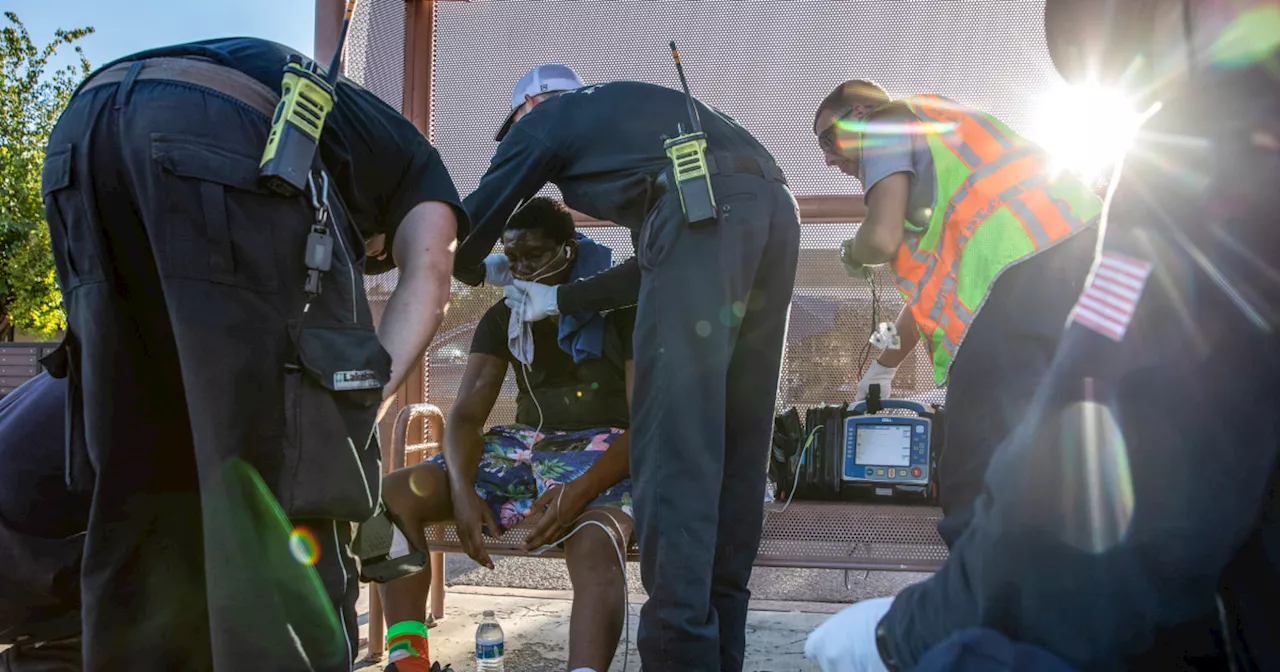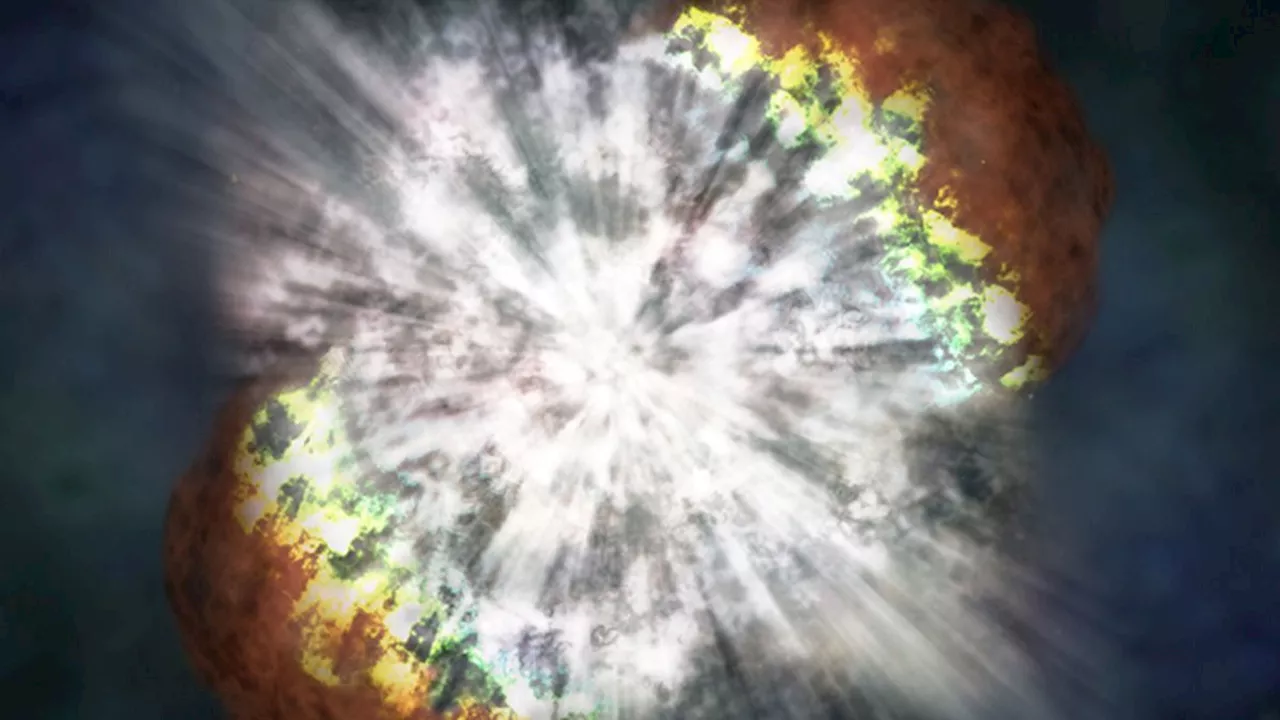Alexander McNamara is the Editor-in-Chief at Live Science, and has more than 15 years’ experience in publishing at digital titles.
This week in science news, we followed an expedition to the bottom of the world in search of a lava lake, tracked a mysterious chunk of the moon orbiting Earth and discovered something horrifying hiding in someone's ear canal.
Shifting from Antarctica to Africa, we learnt of a "world-class aquifer" in the Sahara, an ancient Egyptian Book of the Dead and the"small miracle" of genetically linking living people with skulls stolen from Africa a century ago and stored in a German museum. —World's smallest particle accelerator is 54 million times smaller than the Large Hadron Collider, and it works—Humans and Neanderthals mated 250,000 years ago, much earlier than thought
Follow Live Science on social mediaWant more science news? Follow our Live Science WhatsApp cChannel for the latest discoveries as they happen. It's the best way to get our expert reporting on the go, but if you don't use WhatsApp we're also on Facebook, X , Flipboard, Instagram, TikTok and LinkedIn.
Experts say the superpowered storm could have been the largest since the Carrington Event in 1859, but if that wasn't spooky enough, the sun's upcoming period of peak activity, the solar maximum, looks set to be the strongest in decades.
United States Latest News, United States Headlines
Similar News:You can also read news stories similar to this one that we have collected from other news sources.
 Arizona's Maricopa County shatters record for heat deathsDenise Chow is a reporter for NBC News Science focused on general science and climate change.
Arizona's Maricopa County shatters record for heat deathsDenise Chow is a reporter for NBC News Science focused on general science and climate change.
Read more »
 'Deep learning' could shed new light on supernova explosions — and our cosmic originsRobert Lea is a science journalist in the U.K. whose articles have been published in Physics World, New Scientist, Astronomy Magazine, All About Space, Newsweek and ZME Science. He also writes about science communication for Elsevier and the European Journal of Physics. Rob holds a bachelor of science degree in physics and astronomy from the U.K.
'Deep learning' could shed new light on supernova explosions — and our cosmic originsRobert Lea is a science journalist in the U.K. whose articles have been published in Physics World, New Scientist, Astronomy Magazine, All About Space, Newsweek and ZME Science. He also writes about science communication for Elsevier and the European Journal of Physics. Rob holds a bachelor of science degree in physics and astronomy from the U.K.
Read more »
